The “Our Periods” initiative enables us to plant seeds of empowerment and emblems of dignity in many women and girls around the world who otherwise are unable to afford a luxury that is often taken for granted.

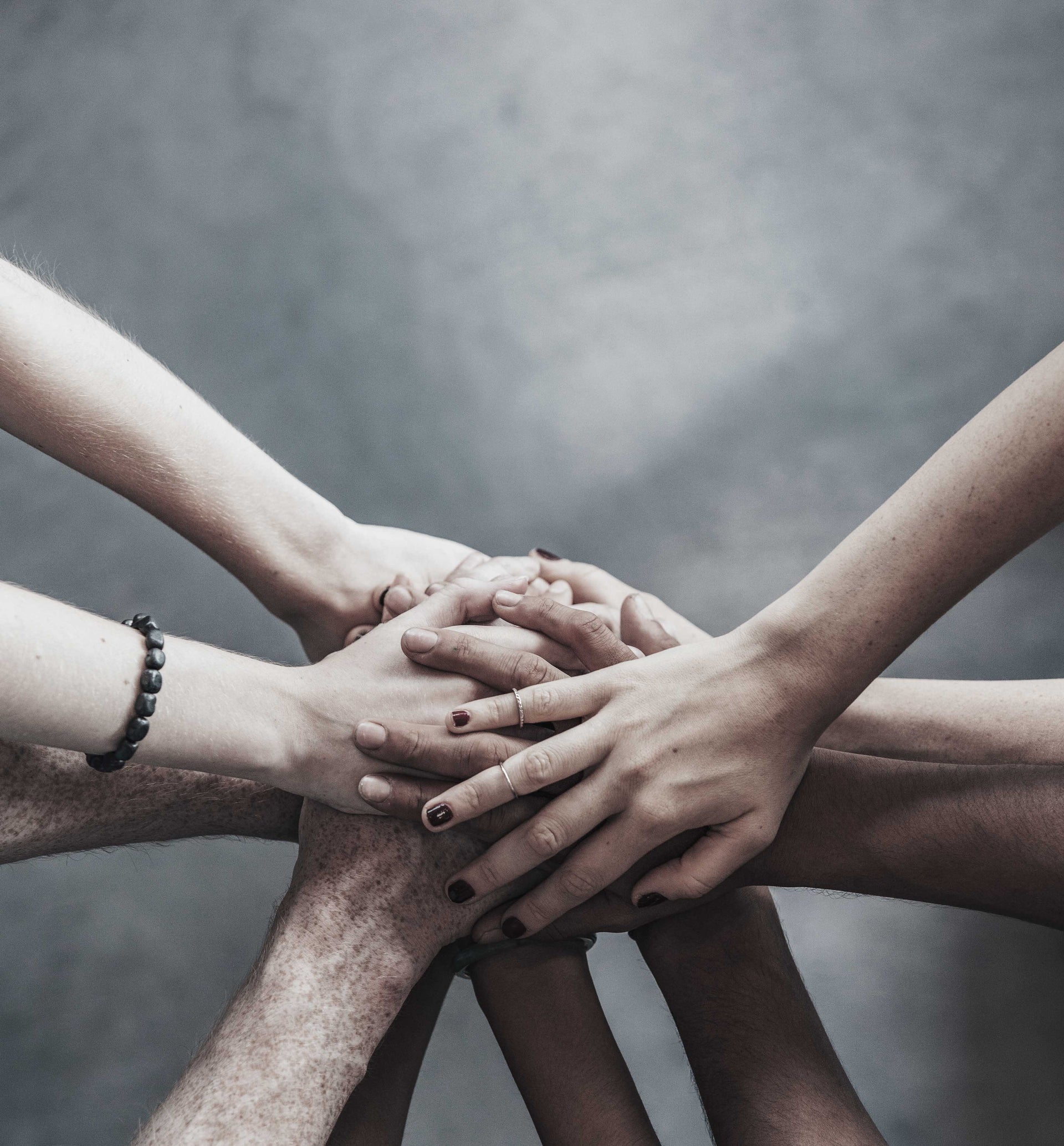

The Inception
At our core, we believe that each individual is a major pillar of society and plays a pivotal role in shaping life. We also recognize that the ability to thrive in a graceful essence is largely dependent on the ability to function optimally at different stages of life’s cycle.
Unfortunately, this natural process is often challenging for some than others, and one of the most prevalent hindrances is Period Poverty in women. The “Our Periods” initiative enables us to plant seeds of empowerment and emblems of dignity in many women and girls around the world who otherwise are unable to afford a luxury that is often taken for granted.
The cycle of a woman’s life and its different stages are accompanied by distinct changes within infancy, pscuberty, a season of reproduction, a climacteric period and the elderly years. With these changes, come an overwhelming need for access to menstrual hygiene products and education, hygiene facilities and waste management.
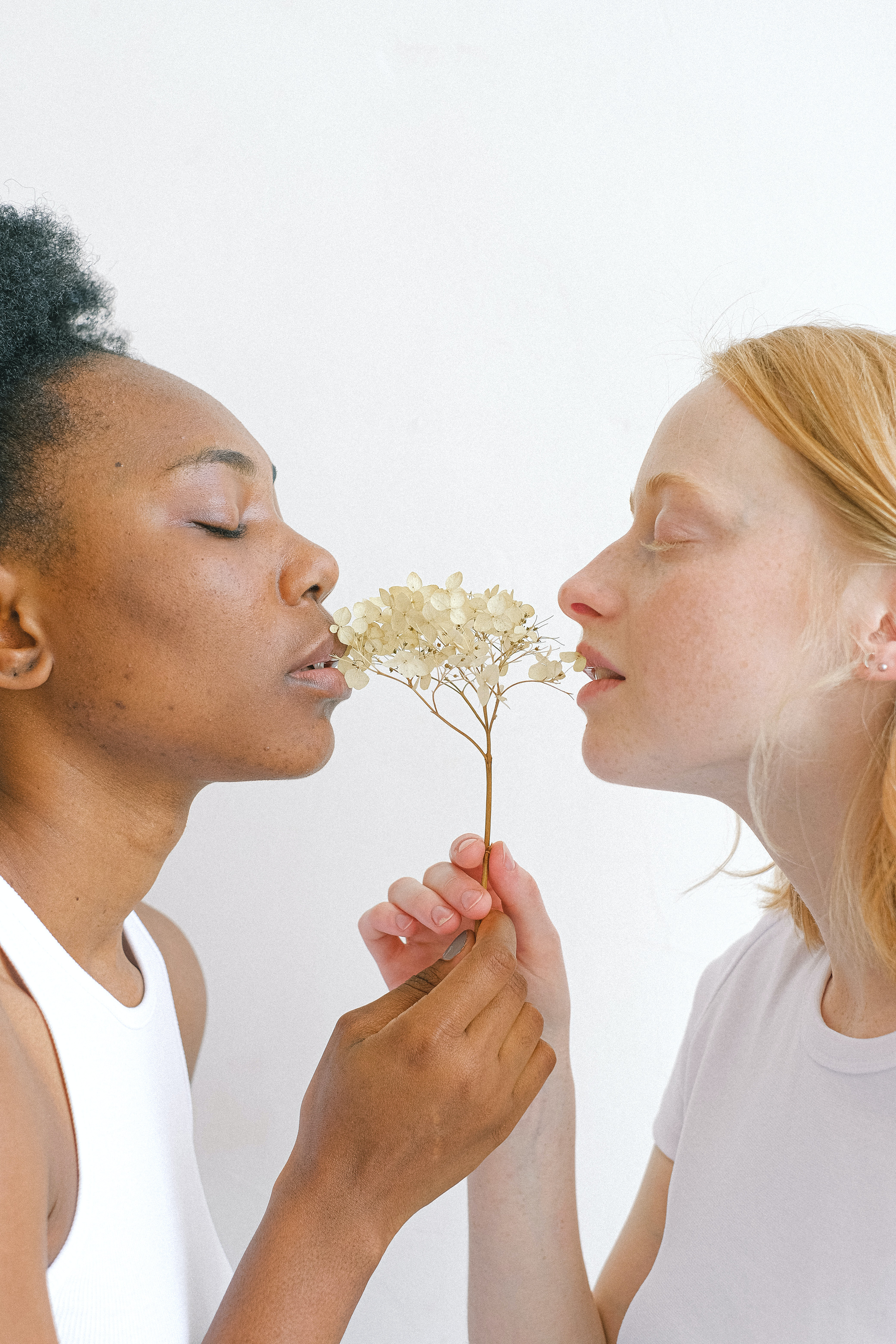

The Challenge
Research reveals that an estimated 500 million people who menstruate struggle with period poverty and lack access to menstrual products. This is evident in their inability to purchase the menstrual products they need, and, in many cases, they cannot go to school or work or successfully participate in daily life during their menstrual cycle.
In the United States, there are an estimated 16.9 million people who menstruate l iving in poverty in the United States.
Using a sample population of American College Students, a recent research study found that 14.2% of women had experienced period poverty in 2020; an additional 10.0% experienced it every month.
Globally, many children are subjected to missing school during their menstruation due to a lack of access menstrual products, shame and cultural or social stigma that they may face because of limited education about periods.
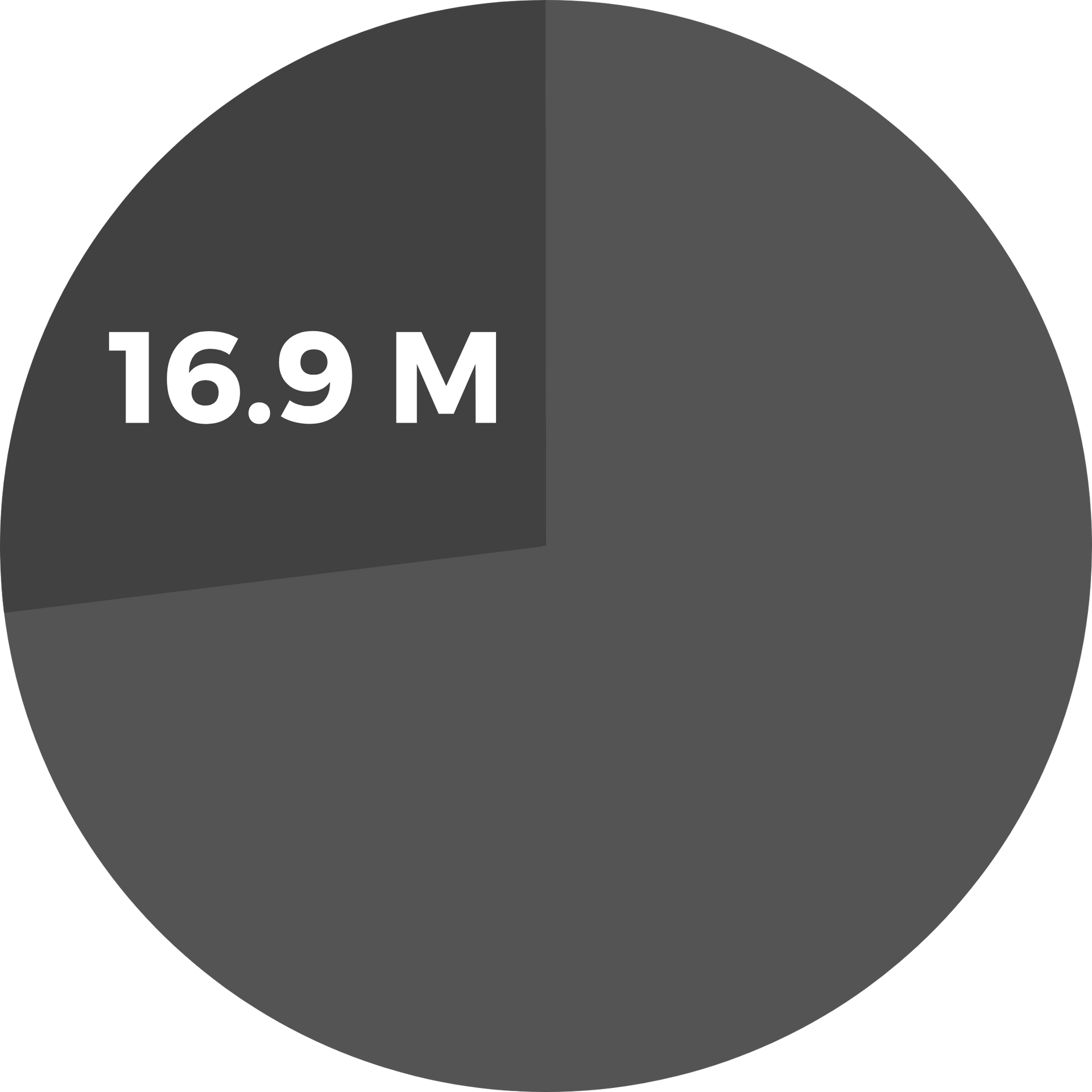
16.9 million people who menstruate living in poverty in the United States.
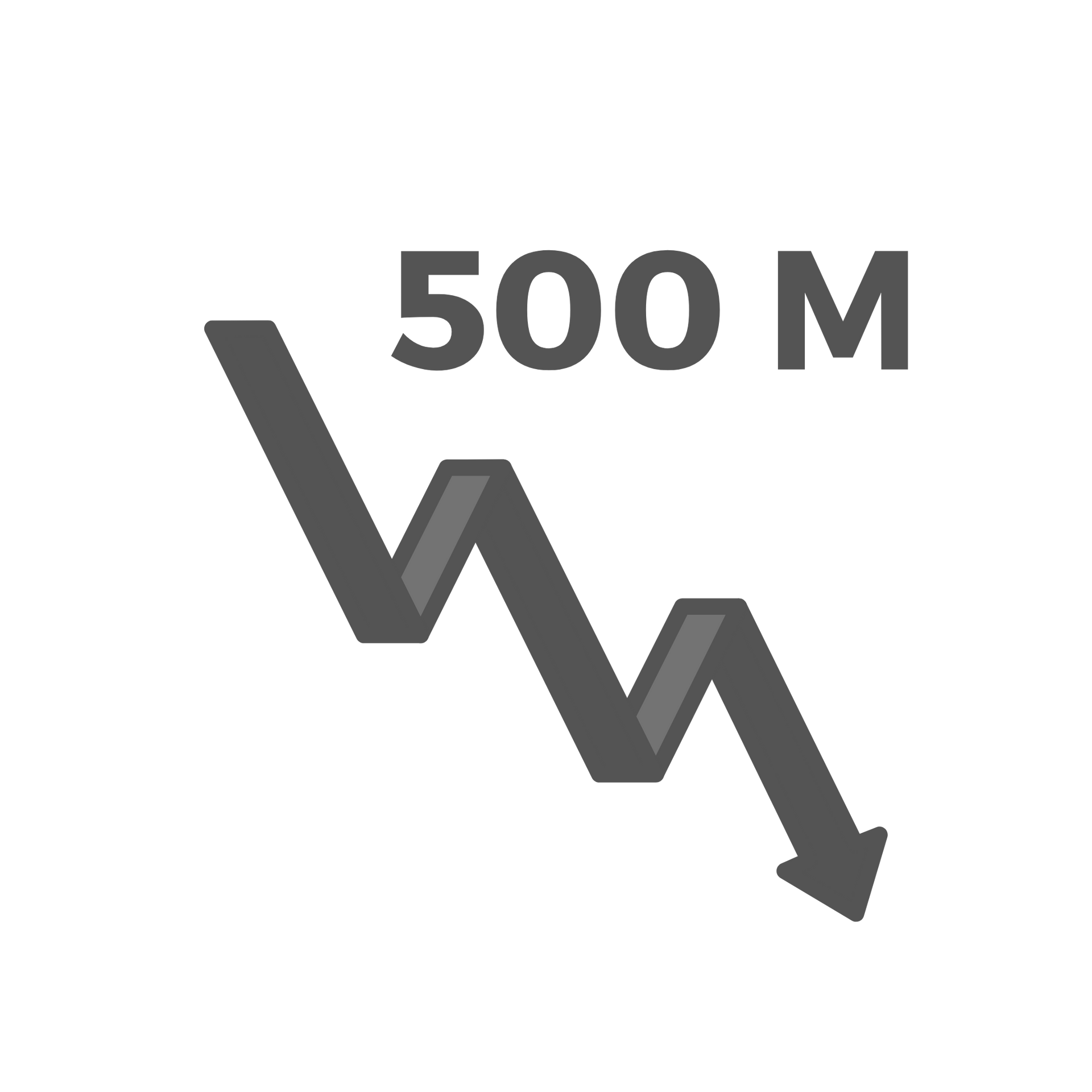
500 million people who menstruate struggle with period poverty and lack access to menstrual products.
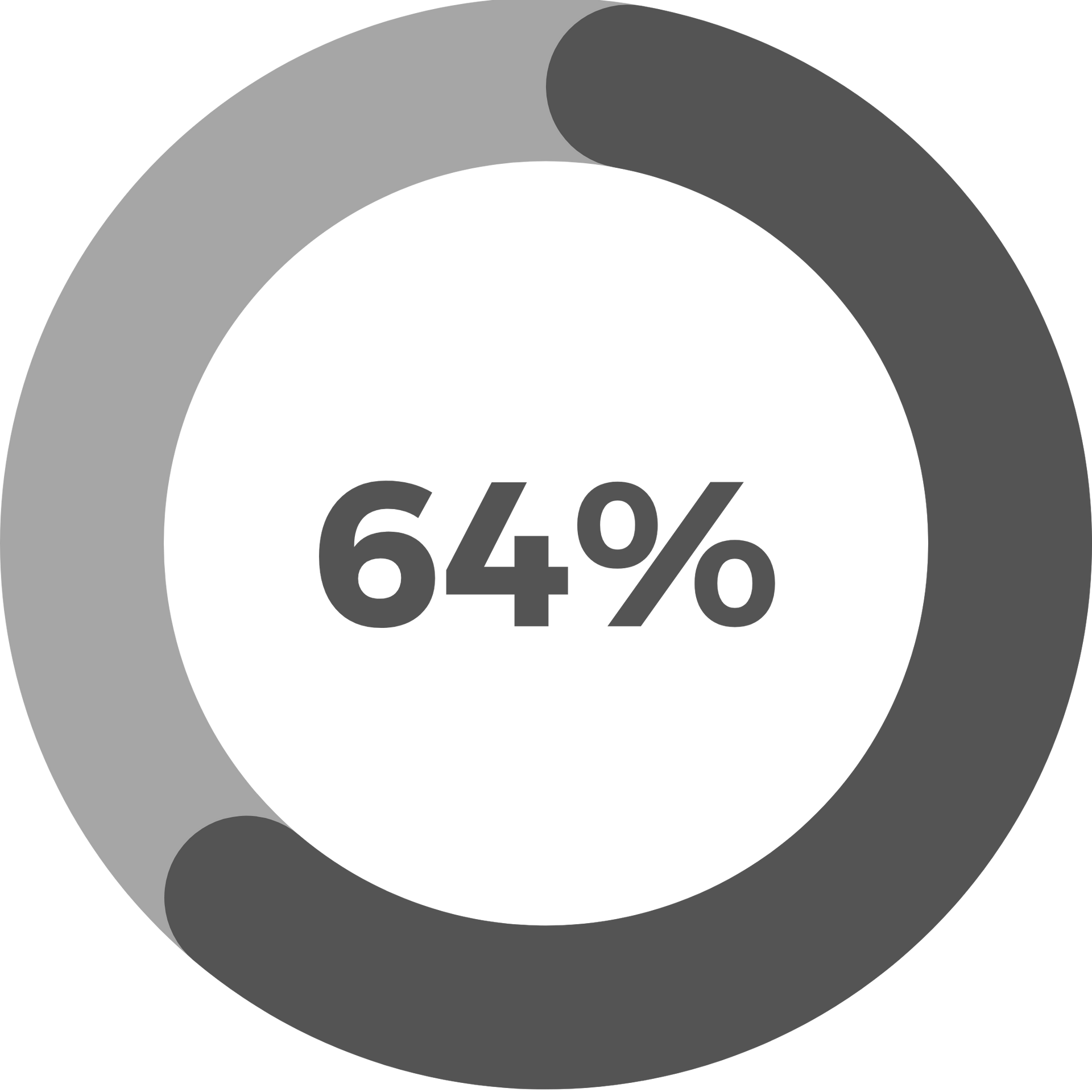
64% of women were unable to afford menstrual products in the previous year per a 2019 study in Missouri, USA.
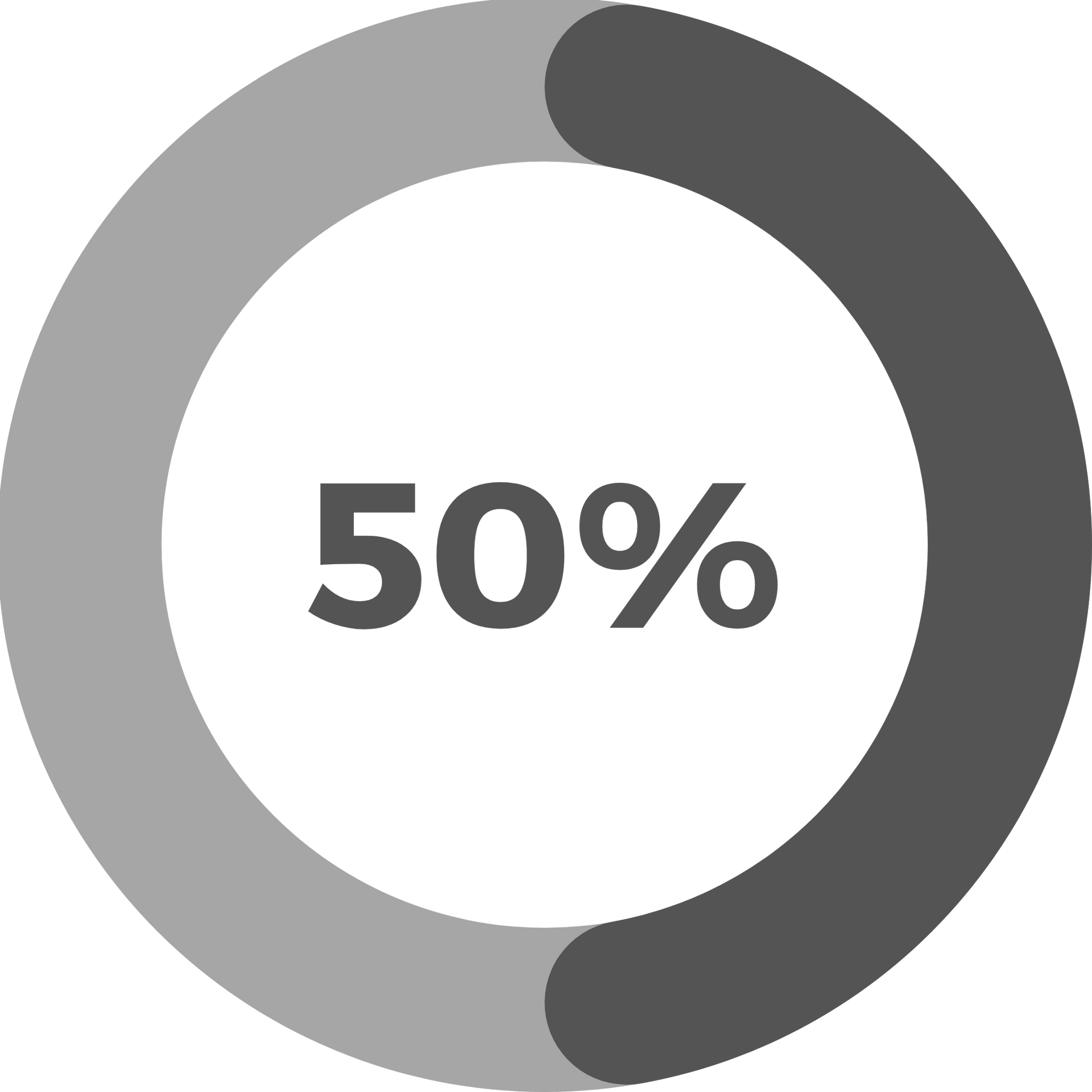
50% of girls in the UK said they couldn't afford productsat some point in 2021.
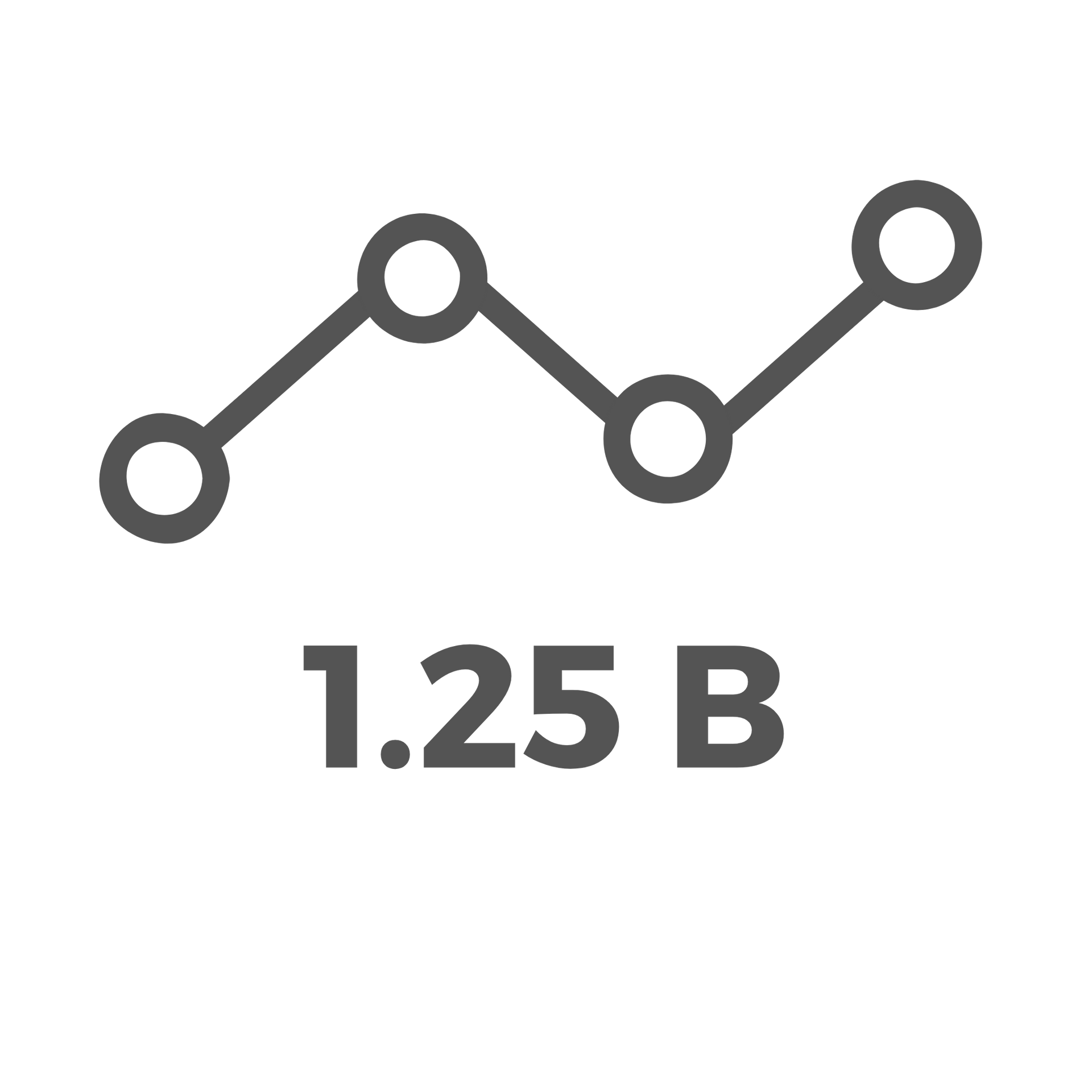
1.25 billion women and girls have no access to a safe, private toilet.
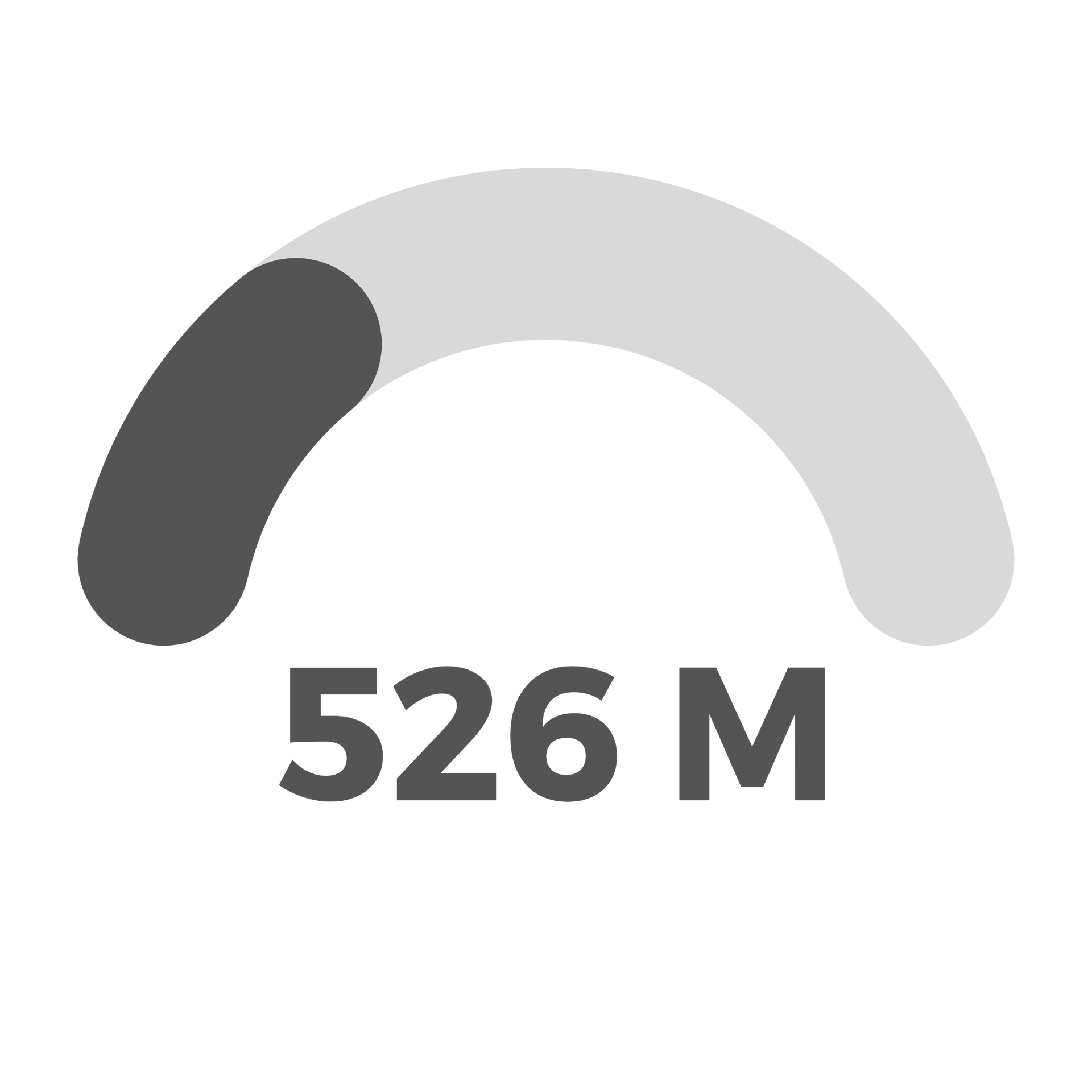
526 million people globally don’t have a toilet at all.

Buy One → Give One

Our Solution
Striving for Period Prosperity and Education

Education
● Through digital and in-person outreaches, we are able to partner with experts to offer education about menstrual, emotional and mental health to youth.
● With the provision of menstrual health education, we can combat the stigma and faulty assumptions that accompany and contribute to period poverty.
● In providing all people with expert education, they are able to gain insight into what is normal and what needs medical attention.

Product Strategy
● In curating period care-packs for people who cannot afford menstruation pads, we are able to create a bridge between period poverty and period prosperity.
● We provide reusable menstruation pads and a pad carrying case for women in need.
● Reusable pads are comfortable to use, they last for 5 to 10 years because they do not disintegrate like disposable pads, and they are sustainable.



